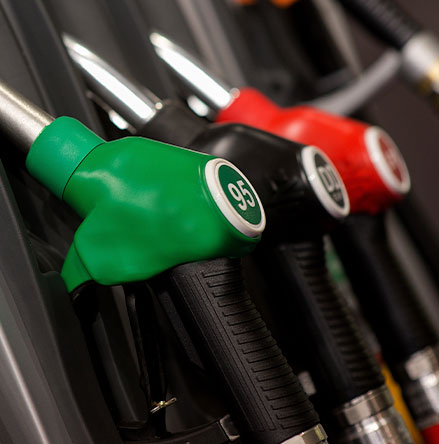Do you know gas vehicles and diesel vehicles are not compatible with alternate types of fuels as gas & diesel engines have diverse conditions? Undoubtedly, You don’t want any damage to your vehicles, but this transmix can be a serious matter if you put diesel in your gas vehicle or gas in your diesel engine. In any case, you need proper know-how to avoid this mistake in the future. Let’s find out how gas and diesel engines are distinct and how different fuels affect your vehicles.

Here are some key differences between gas and diesel fuels.
It would be best if you never attempted to run diesel in a gas-powered vehicle or gas in a diesel-powered vehicle. Many problems can arise with vehicles if it happens.
Because diesel is thicker and denser than gasoline, the fuel pump will have difficulty moving a mixture of diesel and gasoline through the system. Also, the diesel won’t pass through the fuel filter easily. Any diesel that gets into the engine will clog the fuel injectors and stop them from working. This will cause the engine to get clogged up and stop working. Gasoline is more likely to catch fire than diesel fuel, so this early ignition and volatility could cause the diesel engine and its parts to break in a hazardous way.
Diesel engines are not meant to ignite gasoline fuels automatically. As a result, no spark will ignite the gasoline when it is poured into a diesel engine. If gasoline gets into your diesel gas tank, it will wreak havoc on your fuel pump, injectors, and filters. If they aren’t working correctly, you’ll need to replace your fuel system. In the case of gas in a diesel engine, rubbing against each other will harm reciprocating engine components.

If you put gas in your diesel vehicle or diesel in your gas vehicle, you should react immediately. Come next to the below-mentioned points.
Lupton petroleum and transmix is a qualified processing strategy, experienced at 1,500 barrel of transmix fuel per day. Since 2008, in Lupton, Arizona, the company has been operating a transmix bulk storage facility.